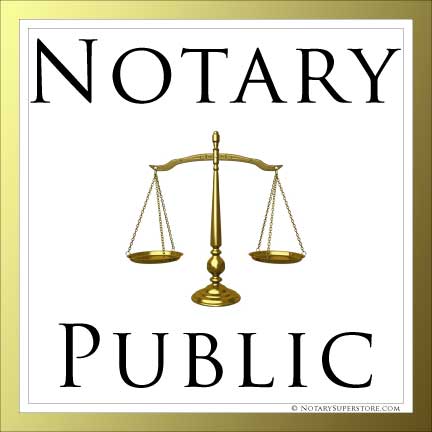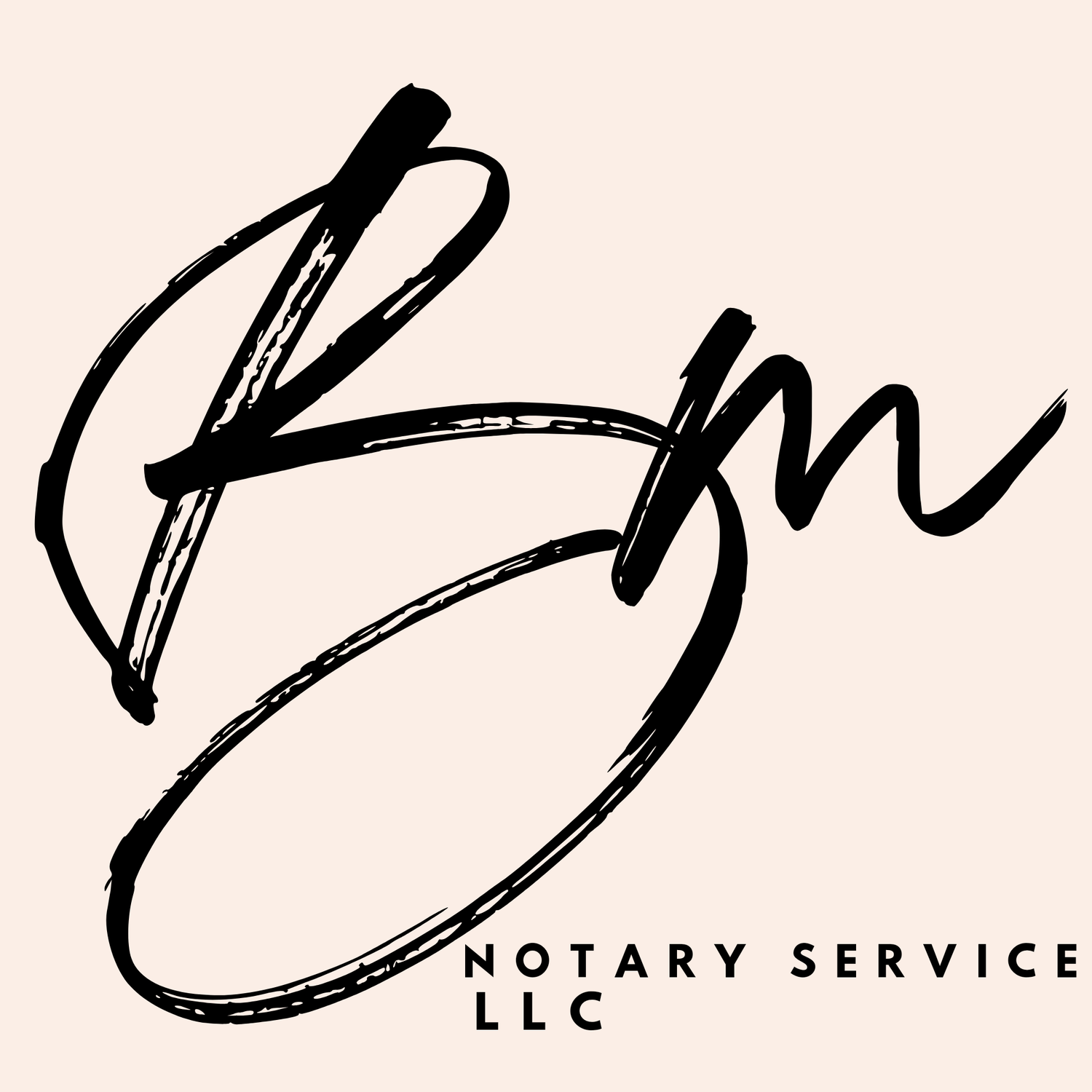Notary Public: Your Trusted Witness and Record Authenticator
Notary Public: Your Trusted Witness and Record Authenticator
Blog Article
Demystifying Notarial Work: Streamlining the Role and Significance of Notaries
Their function, commonly shrouded in mystery for many, carries substantial weight in guaranteeing the credibility and stability of important records. By untangling the intricacies bordering notarial techniques and shedding light on the relevance of their acts, a clearer understanding emerges of the vital function notaries play in promoting the material of legal and legal contracts.
The History of Notarial Job
The background of notarial work dates back to ancient worlds, where scribes played a critical function in recording vital info and authenticating papers. This led to the development of notaries, individuals designated by the state to act as unbiased witnesses in lawful issues.
During the Center Ages, notaries acquired prominence in Europe, with their features broadening to include drafting legal documents, accrediting signatures, and protecting documents. The increase of global profession even more highlighted the value of notarial operate in confirming agreements and contracts across borders.
In the contemporary age, notaries proceed to play a vital function in lawful and organization deals by verifying identifications, confirming the authenticity of records, and stopping fraudulence. Their role in certifying the credibility of agreements includes a layer of security and count on to the ever-evolving landscape of commerce and regulation.

Obligations and Responsibilities of Notaries
Notaries play a crucial duty in confirming the credibility of papers and the identity of notaries. One of their main responsibilities is to witness the finalizing of crucial papers, such as wills, agreements, and acts, to make certain that all events are entering right into contracts knowingly and voluntarily.
Additionally, notaries are entrusted with administering vows and affirmations, which are important in lawful proceedings and the implementation of sworn statements. They certify duplicates of original documents, giving guarantee to organizations that the duplicates are true reproductions of the originals. Notaries need to preserve exact documents of all purchases they manage to ensure openness and accountability. On the whole, the responsibilities and obligations of notaries are important in securing the honesty and validity of various papers and purchases.
Notarial Certificates and Signatures
Exhibiting thorough focus to information, notarial certificates and signatures function as vital elements in validating the authenticity of lawful records. Notarial certifications normally consist of vital details such as the date of registration, the names of the signatures, a description of the document, and the notary's main seal. These certificates provide a clear document of the notarial act, making certain that the record can be conveniently determined and traced back to the notary that managed the procedure.
Signatures play a pivotal duty in notarial job, as they represent the agreement and permission of the celebrations involved. Notaries carefully witness the signing of papers to verify the identification of the notaries and confirm that go now they are signing of their own free will. By fastening their official seal and signature to the file, notaries license that the required treatments have actually been adhered to which the document is enforceable and legitimate.
Fundamentally, notarial certifications and trademarks are the characteristic of credibility in legal deals, providing guarantee to all events included that the documents are legit and binding.
Significance of Notarial Acts

Registration Process Discussed
The notarization procedure normally starts with the individual providing the record to a notary public. Once the identification is confirmed, the notary ensures Full Article that the specific authorizing the file does so willingly and without any type of browbeating.

Verdict

Notarial certificates generally consist of important information such as the day of registration, the names of the signatories, a summary of the file, and the notary's main seal. These certifications give a clear record of the notarial act, making sure that the record can be quickly identified and mapped back to the notary who supervised the procedure.
By attaching their official seal and trademark to the record, notaries license that the needed procedures have actually been complied with and that the document is legitimate and enforceable.
By verifying the identification of the notaries, validating their willingness to get in into the agreement, and certifying the date and location of the signing, notaries play an important function in maintaining the credibility of legal files.After the file is signed, the notary will attach their main seal or stamp onto the paper.
Report this page